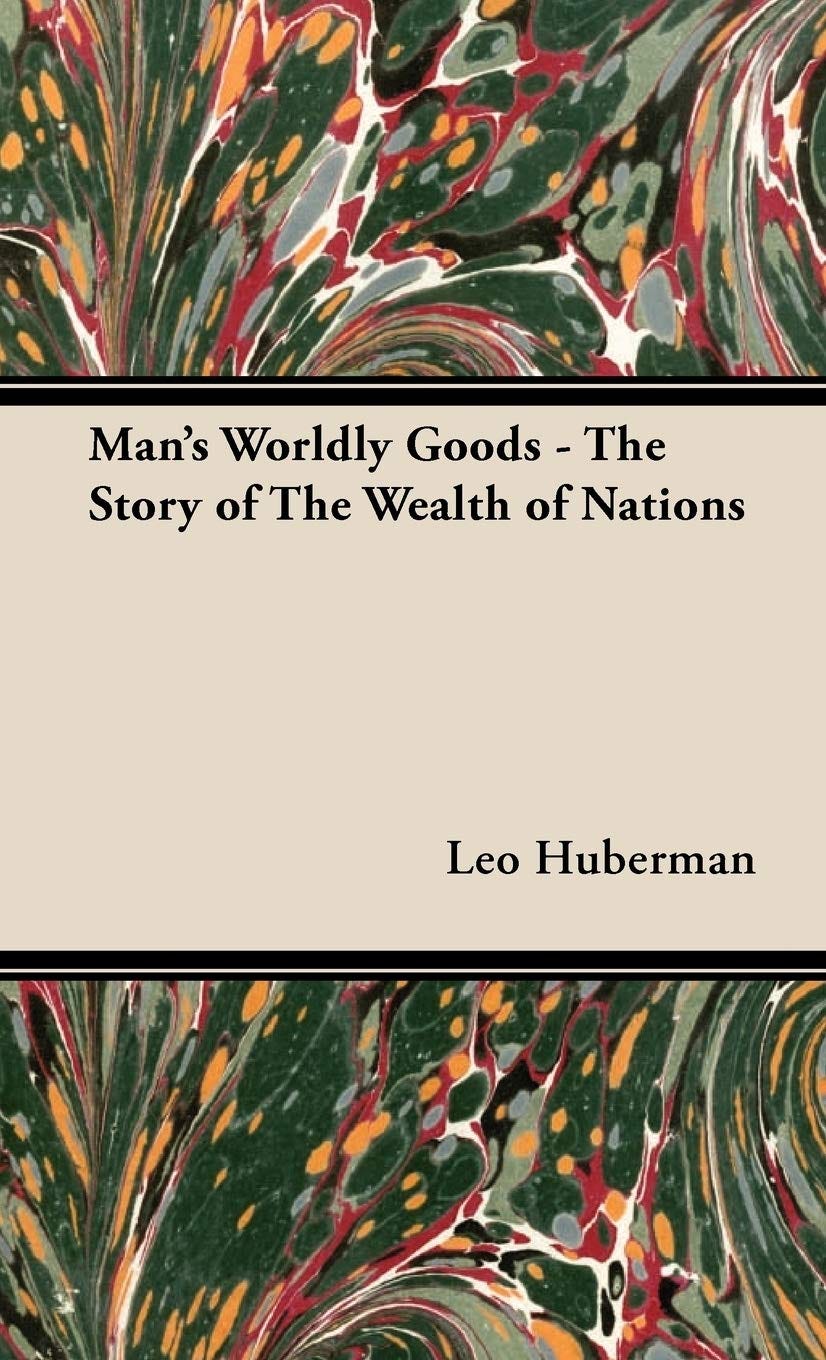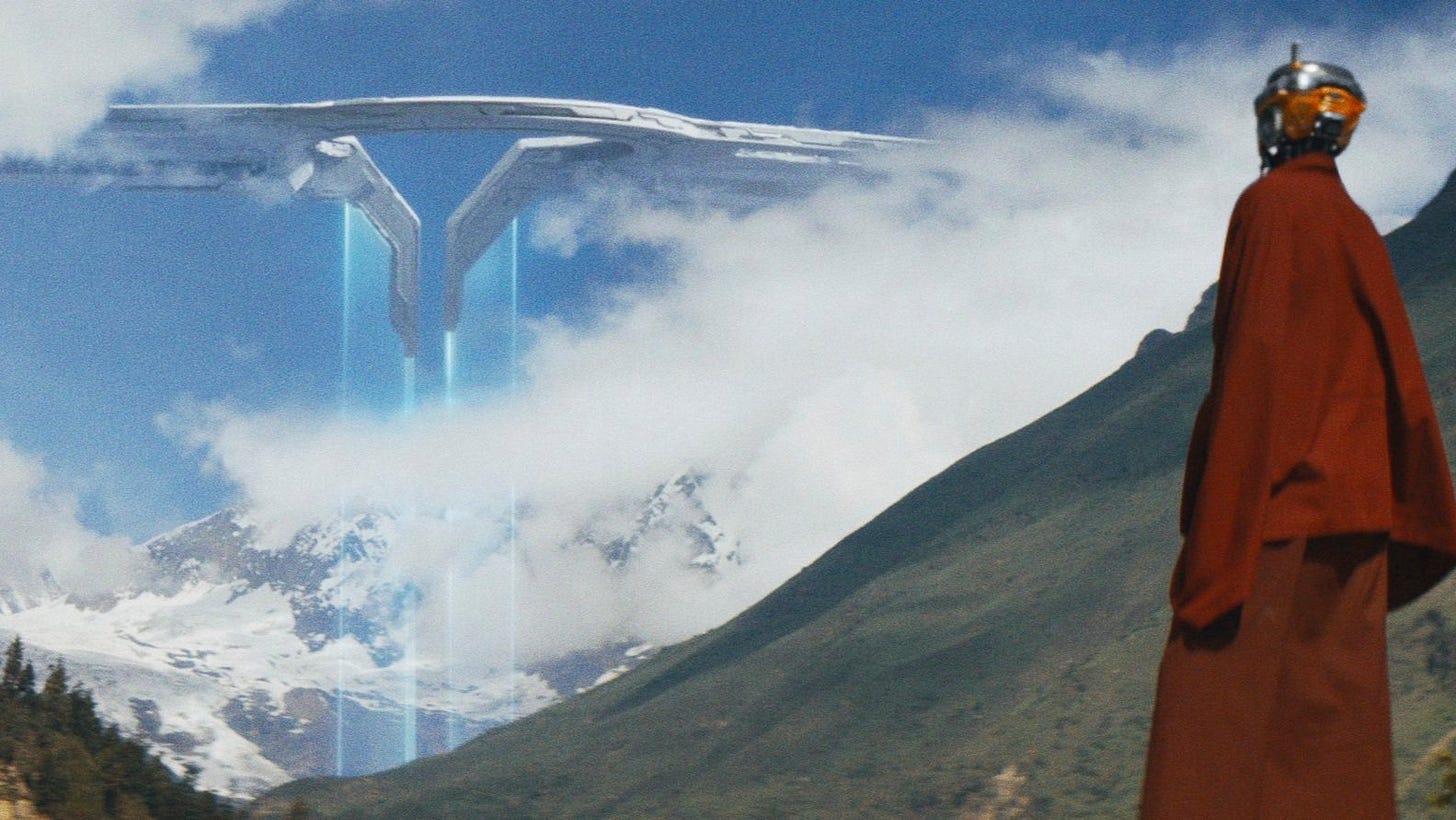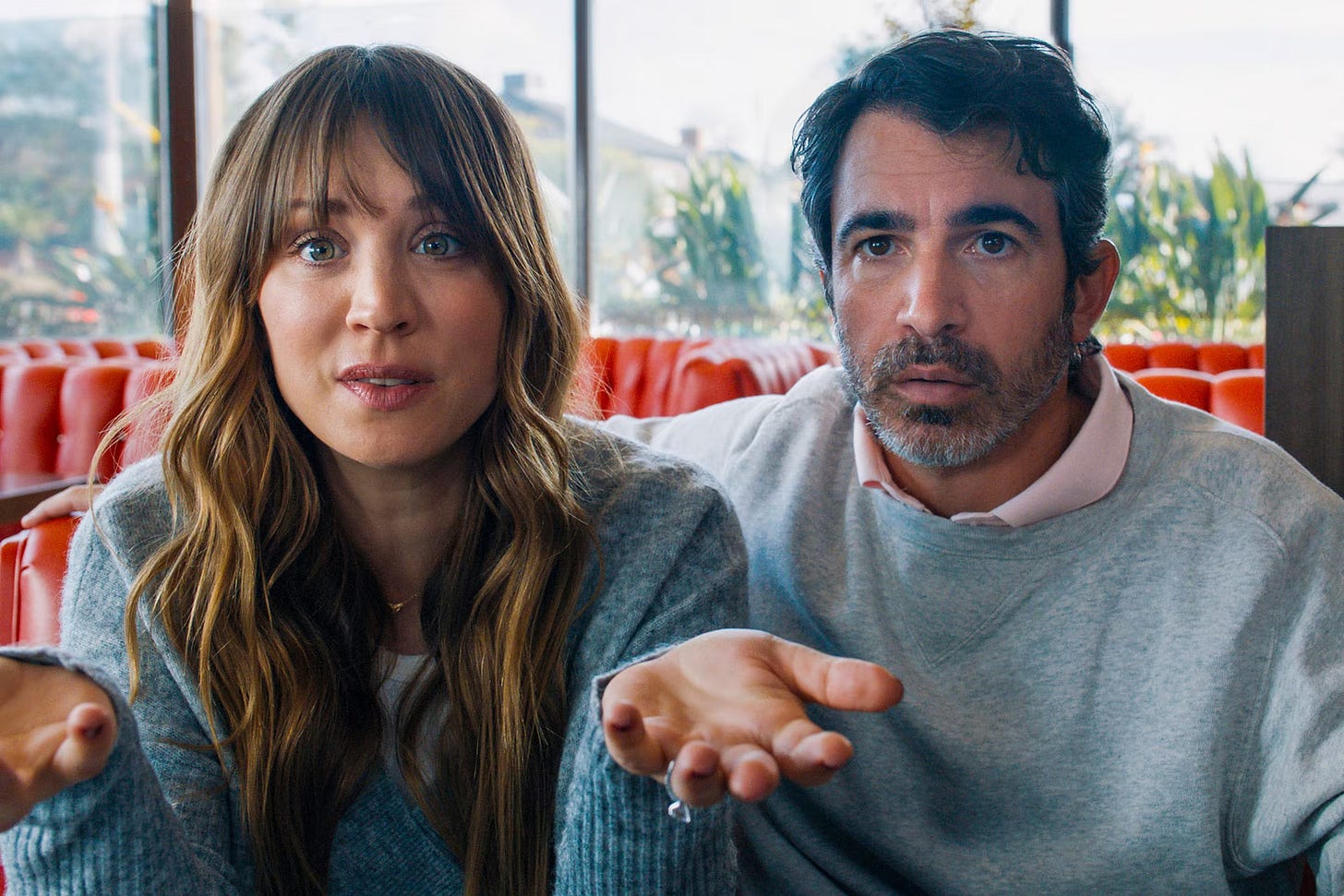'Enshitification' is just another word for profit
It's not only the internet, it's everything
When Facebook first appeared, everyone jumped on board. Suddenly we could easily connect with all of our friends, see their photos and find out what they were up to. We could find people we hadn't seen in years and maintain connections with people we had met and who now lived in other part of the world.
Along with Twitter, it gradually became the place where people learned the news, where journalists and news media were. Regular people also started having their 15 minutes of fame, with the possibility of being shared widely by the network. Some amounted large following and businesses reached more people than they ever dreamed of. Publishing ads on Facebook was cheap and profitable.
But at some point, Facebook had to pay back investors. Now, none of those users who the service was intended for mattered. It's not about advertisers, and much less if a regular user has a positive experience and connects with their friends. Now only maximum profit matters.
This process has been called Enshitification and has happened to all tech companies for almost 20 years. From Facebook to Netflix and Uber. They attract their user base and try to keep them there by offering useful and cheap products, or new opportunities to make money. Once they have the users locked, they exploit as much as they can from all ends: users, providers and companies.
Uber, for instance, first dominated the market with extremely low-fares that you could ask for with a click on an app, comfortable cars, water and snacks included. Nowadays, riders are paid as little as possible for their services, while Uber charges the highest possible rates to those taking rides.
Everyone interacting with those platforms gets disappointing and shabby service, while paying more each time. The rules change suddenly. Now you cannot share passwords anymore, if you want a cheap car ride you will ride in a dirty car with an inexperienced driver, the app you used for getting clients changed from photos to videos, your old stream subscription now has ads on it.
Even if you are not paying more directly in subscriptions, it's with our attention, time, and effort.
Can they do whatever they want?
The problem is that our lives and society in general are so entwined with those companies. We all feel betrayed and, honestly, tired of spending more and more on each and every service. Seeing changes being implemented arbitrarily all the time. Paying for subscriptions for everything instead of being able to only pay once.
We were probably naive in thinking this would turn any other way. All companies, no matter how socially inclusive, green or innovative they claim to be only care about one thing: profit.
The whole problem is how our society is built around profit.
Companies will drill oil in the middle of the Amazon forest if it's profitable, and they will move their workforce to another country if it's profitable. They will break environmental rules, hire children, open craters for mining, cut benefits, fire thousands of employees, take out elected presidents, start wars. Basically, everything that is wrong in our world happens because someone chooses profit over everything else.
There is no ethical capitalism. As long as it is focused on profit, it will disregard everyone and everything in order to achieve it.
I don't know why we thought tech companies would do any better? Maybe because the internet was so ingenious and sold as this democratic and free enterprise?
And we keep falling for it, with any new platform and tech solution. We are doing it with TikTok, Substack, and A.I. There's no doubt that as users become increasingly dependent on these solutions, enshitification will soon follow (if is not already).
The only hope of balance we can have right now involves the governments. They can still control the companies. Create provisions in laws that don't let them do what they usually do. The EU has been trying to do that, but it's not enough. Maybe in this election we will get a better commission, but for the looks of it, only the far right seems to be growing, which won't fight companies at all.
But in reality we would need a world where profit is not the only thing that matters and dictates how everything works. Consider houses not being built for profit as they are. Imagine food not being made for profit as it is, so we wouldn't eat so much processed food and there wouldn't be so much waste and environmental impact? Imagine an internet that is not focused on profit, but rather on sharing knowledge and connecting people?
Even imagining those things is challenging, isn't it? But if we don't, we are stuck with what we have. We will keep being squeezed from every side and living on an increasingly unlivable planet. A planet that revolves around profit is not a planet for humans or any other living creature.
Man's Wordly Goods by Leo Hubmann
In this non-fiction, economic theories are explored in connection with historical events. It starts with capitalism's beginning and the end of feudalism. It illustrates how incredible fortunes have grown since European commerce started in this period. It moves on to mercantilism, the navigations, colonialism and the industrial revolution. It ends exploring the turbulent beginning of the 20th century: the wars, the Russian revolution, and the 1929 economical crises.
This book is almost 100 years old, having been published in 1936, but it is still very readable and interesting. Of course some things seem anachronistic, (especially as he talks about Socialism), but it is packed with a lot of information for its size: it's only around 220 pages.
This book is well worth your time if you are interested in the history of the world and how it got to this point economically where everything revolves around profits.
The Creator (Disney+)
Humans and AI robots live peacefully together, until a nuclear bomb explodes in central Los Angeles, caused by AI. From then on, AI is hunted down and targeted everywhere. They only survive in a country called New Asia.
Interestingly, the movie sides with the AI and puts the US, or specifically its army, as villain. The AIs can be viewed as an analogy for all the people in countries the US has invaded, but in particular Vietnam. The AIs live in rural areas, in small villages, caring for humans peacefully, but are constantly raided by far superior forces.
And then there is this creepy spaceship in the sky, called Nomad. Which is like the Death Star, but it doesn't explode a whole planet. It's very targeted. It drops bombs in very specific locations where they think AI exists.
It's not so difficult to connect that with the constant use of drones by the US military during the Afghan and Iraqi invasions. And more than that, it's a constant fear. It's impossible to stop a machine high in the sky, able to cause epic damage at any time, controlled by someone far away. It's a very effective analogy for how the US uses its military power around the world.
I don't think it's surprising that all countries in the world fear the US. That fear probably ranges from very low levels in Europe to extremely high levels in the Middle East. At least as a Latin American I have it very clear that if our government turns too far to the left, or if suddenly we decide to nationalize our oil, there will be consequences. And more so, that if the US eventually decided to invade our country it would do so, (probably with money coming from Europe) and no one would stop it.
Now, since I know most of my readers are from the US, I'm certainly not talking about the people. I know the large majority of the population is against wars and has always been. People don't want to be part of an empire. They simply want a decent, good enough life.
I'm talking about the US government and how it uses the most powerful war apparatus in the world to basically do whatever it wants. There is indeed this powerful machine hanging over all our heads, and the symbology of The Creator works really well. It's certainly a shock to see the US military portrayed as the villain in a Disney movie. Although it's not the finest of movies, it is at least very unexpected.
Based on a True Story (Amazon Prime/ Peacock)
Honestly, I think you should watch this comedy without knowing what it is about. So, stop here if you don't like any kind of spoilers.
A couple is pregnant and facing economic difficulties and relationship issues. A chance to work with a serial killer presents itself and they jump on it. It's a very nonsensical, weird comedy, but I laughed out loud a few times. All characters are awful people, but we can see how they think it's OK to act like this to improve their lives and of their future children.
They are truly taking their business to the extreme, which leads to a funny what-the-fuck TV show. It mocks podcasts and the true crime industry, and criticize how people will do anything for money and status.










I so agree with Based on a true story. I can't wait for season 2!
Based on a true story is such a good show!